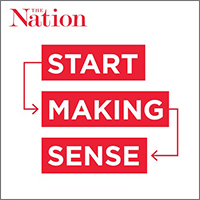 Listen HERE
Listen HERE
Katha Pollitt is not happy with leftists calling Trump a “fascist” – maybe there’s a better term for his attacks on democracy, which have a lot in common with authoritarian leaders in Russia, Turkey, Egypt, Hungary, Poland, and other places. The foundation for all of them: austerity, pushed by the big banks and right-wing parties, which creates the economic anxiety that fuels racism and anti-immigrant sentiment.
Plus: left politics can win all over the country, not just in New York City and Chicago and LA – that’s what Mike Lux says, he’s a longtime strategist for the progressive movement and Democratic candidates.
Also: Jonathan Gold, who died on July 21, was the first food writer to win the Pulitzer Prize for criticism. He wrote, not about high-end restaurants, but about mom-and-pop places in immigrant neighborhoods of Los Angeles. Harold Meyerson of The American Prospect talks about the significance of Gold’s writing about immigrants and their food in the Age of Trump. 8/2/18
Start Making Sense
After Trump’s Worst Week: Joan Walsh; Plus David Cole on Brett Kavanaugh and Michael Kazin on Jimmy Carter
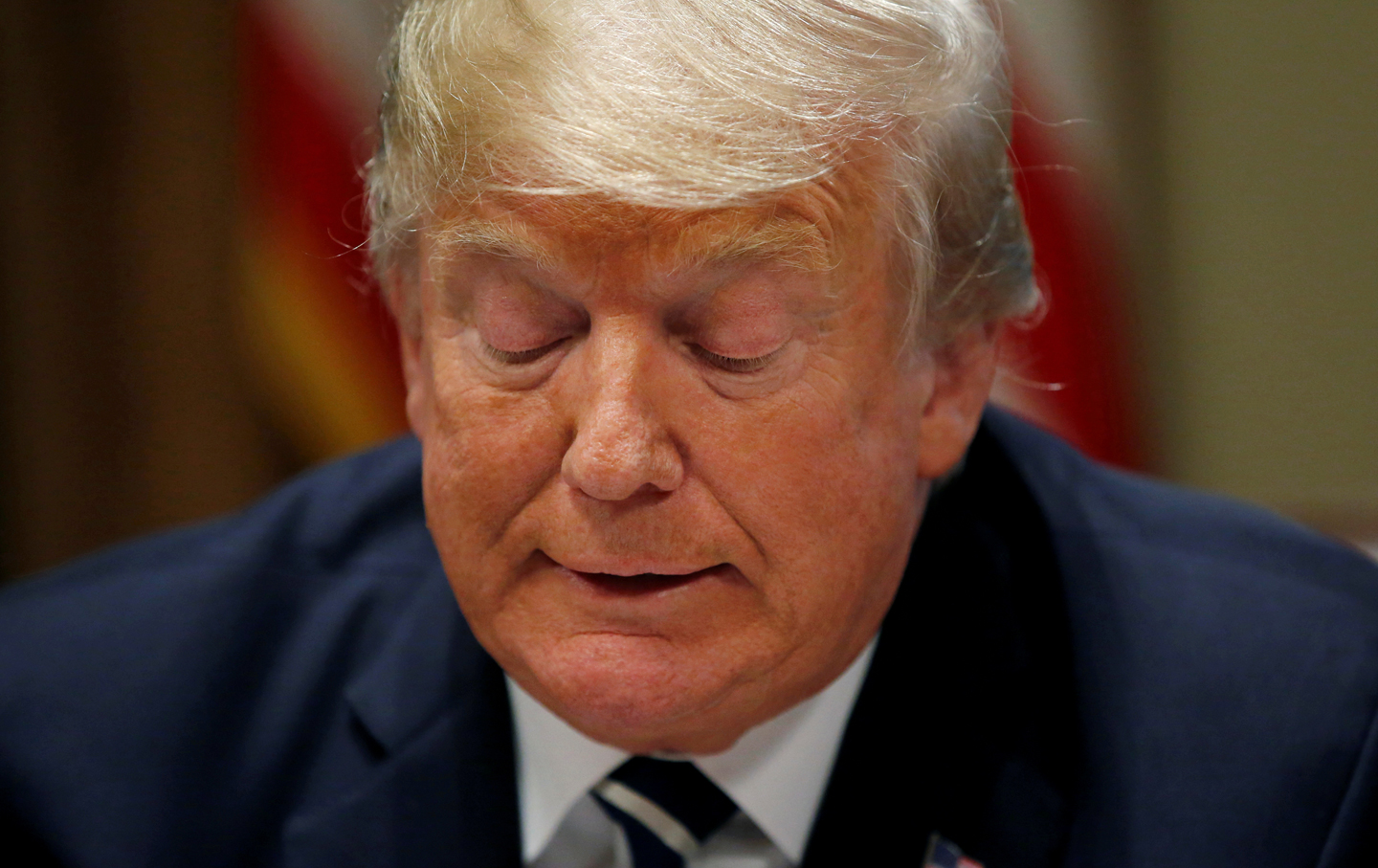 Listen HERE
Listen HERE
A week ago, Trump returned from his disastrous press conference with Putin in Helsinki to face a firestorm of criticism. Joan Walsh reviews the political landscape this week, when a significant minority of Republicans disagree with Trump on Putin—but nevertheless “approve” of his presidency. On the Democratic side, the tumultuous week has further energized candidates and voters for the fall elections.
Also: Some questions for Brett Kavanaugh, Trump’s Supreme Court nominee, from David Cole. The legal director of the ACLU and legal affairs correspondent for The Nation says some questions—about current cases—are inappropriate for Democrats to ask in the upcoming confirmation hearings; but there are other questions—on Kavanaugh’s legal philosophy, and on his past statements and decisions—that he should be required to answer.
Plus: Jimmy Carter is widely regarded as a failed president, despite the fact that he promoted human rights around the world, granted amnesty to Vietnam War–era draft resisters, and was a dedicated opponent of racism who enforced the Voting Rights Act. Only one woman sat on a federal court when Carter entered the White House, but by the time he left, he had appointed 40 more—including Ruth Bader Ginsburg. Historian Michael Kazin analyzes what went wrong with Carter’s presidency. 7/26/18
Trump and Putin: Katrina vanden Heuvel; plus John Nichols on Kavanaugh and Adam Winkler on Corporate ‘Rights’
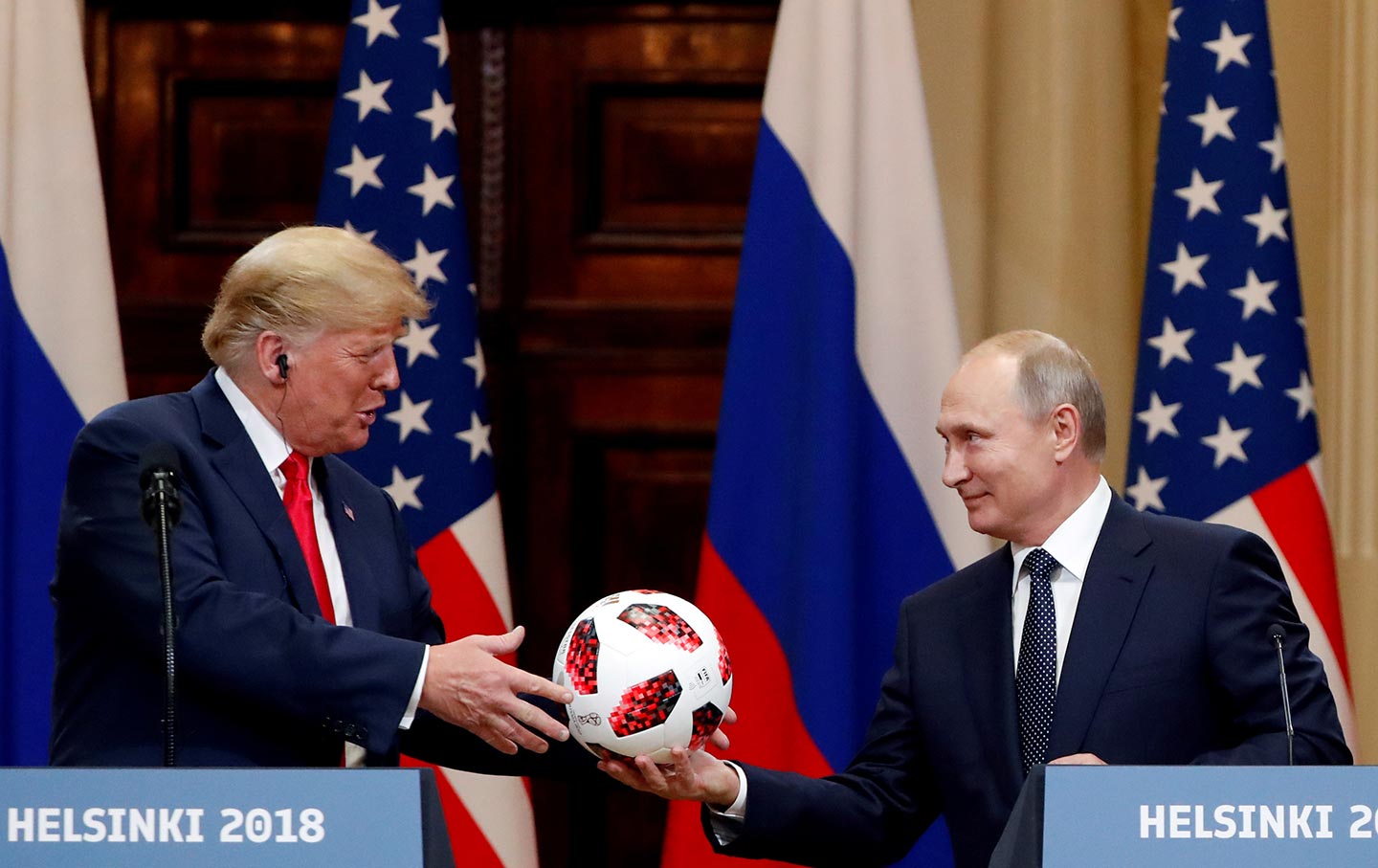 Listen HERE
Listen HERE
Katrina vanden Heuvel argues that Trump’s meeting with Putin in Helsinki on Monday might have brought progress on nuclear arms control and conflict reduction in Syria; but when Trump argued that the US and Russia were “both . . . responsible” for Russian interference in the 2016 election, he squandered the opportunity—outlined in the “Common Ground” open letter published in The Nation, and signed by two dozen prominent figures including Gloria Steinem, Noam Chomsky, John Dean, Governor Bill Richardson, Walter Mosley, Michael Moore, and Valerie Plame.
Plus: John Nichols examines the record of Trump’ Supreme Court nominee Brett Kavanaugh, and assesses the progress of the effort to block his confirmation by the Senate.
Also: UCLA Law Professor Adam Winkler explores the long and terrible history of how corporations were given rights by the Supreme Court–all the same rights that people have. Adam’s book is ‘We the Corporations: How American Businesses Won Their Civil Rights.’ 7/19/18
Is Trump Crazy? Would Pence Be Worse? Amy Wilentz on Trump, Jane Mayer on Pence, and E.J. Dionne on America After Trump
 Listen HERE
Listen HERE
Amy Wilentz comments on the mental and emotional status of the president, as analyzed by 27 psychiatrists in The Dangerous Case of Donald Trump, a book edited by Bandy X. Lee. The book was number four on the New York Times bestseller list.
Also: Would Pence be worse? Jane Mayer of The New Yorker reports—she interviewed more than 60 people in search of answers, including Pence’s mother. Several say he’s wanted to be president at least since high school.
Plus: America After Trump: E.J. Dionne of The Washington Post argues that Trump has mobilized progressive political forces that can transform America—and he reminds us that Trump never had a majority of voters, and is the most unpopular presidents in our history. E.J. is co-author of One Nation After Trump: A Guide to the Perplexed, the Disillusioned, the Desperate, and the Not-Yet-Deported. (These segments previously aired on the Start Making Sense podcast.) 7-11-18
How We Can Block Trump’s Supreme Court Pick: John Nichols, plus Tom Frank on Trump’s supporters, and David Graeber on Bullshit Jobs
 Listen HERE
Listen HERE
The most important political task of the year is blocking Trump’s supreme court pick. It can be done, John Nichols argues—with the right political strategy: organizing in the states with the swing votes: Maine and Alaska. It’s not New York and LA, but rather Portland and Anchorage where the fight will be won.
Also: Just eight years ago Democrats held not only the presidency but both houses of Congress. How did they lose so much in such a short time? Thomas Frank explains the disaster, and how, for millions of people, the recession of 2008 has never ended. His new book is ‘Rendezvous with Oblivion: Reports from a Sinking Society.’
Plus: “Does your job make a meaningful contribution to the world?” David Graeber posted that question on the internet – and a million people clicked on it. A lot of them posted answers. Now his book about those answers is out – it’s called ‘Bullshit Jobs,‘ and it casts dramatic light on our economy and politics.
Cruelty and Confusion in Trump’s Treatment of Migrant Children: Zoë Carpenter; plus Eyal Press on Drone Warriors and Amy Wilentz on Haiti
 Listen HERE
Listen HERE
More than 2,000 migrant children are still separated from their parents by the Border Patrol. Zoë Carpenter reports on the confusion and uncertainty around Trump’s ever-changing and ever-cruel “policy”—and on her recent visit inside a Border Patrol “processing facility” in McAllen, Texas, where migrants are taken after being apprehended, and where children were being held separately from their parents.
Also: Drones have become the centerpiece of America’s war on terror. We are told that drones have turned warfare into a costless and bloodless exercise for Americans, something resembling a video game for the people at the computer screens. Eyal Press reports that the costs of our drone war include not only the casualties on the ground, including civilians, but also the drone warriors themselves—who suffer, not from PTSD, but from something else—“moral injury.””
Plus: Haiti: for Trump, it’s a “shithole country”; for us, it’s the country with the first and only successful slave revolution of the modern era—1791-1804—for which the French exacted a heavy price from the Haitians. Amy Wilentz has just returned from Haiti with a report—on earthquake reconstruction (not much), street demonstrations for a higher minimum wage (now $4.50/day)—and World Cup fever (high).
Catastrophic Climate Change is Not an “Environmental” Issue: Bill McKibben; plus Andrew Bacevich on Endless War and Robert Edelman on the World Cup
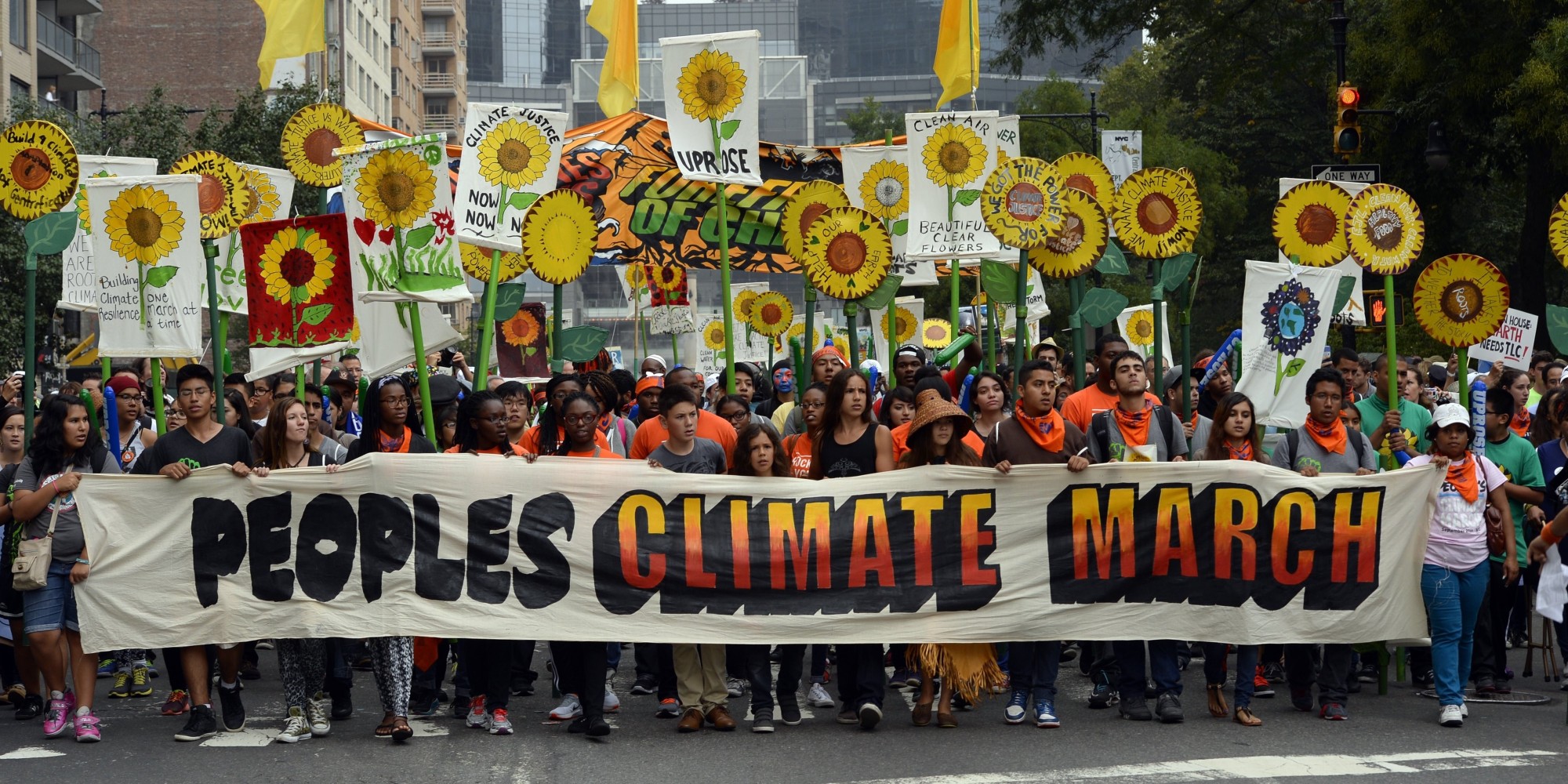 Listen HERE
Listen HERE
It’s the most crucial security question that humans have ever faced: catastrophic climate change. Bill McKibben says it’s too late to halt global warming, but we still have a chance to curb it, “short of civilizational destruction.”
Also: Donald Trump, the Trump supporters, and wars without end: Andrew Bacevich notes that Trump alone among presidents since 9-11 has said our 17 years of war have resulted in “nothing except death and destruction” – a statement that’s “more true than false.”
Plus: the World Cup is a political event not only in Russia but many other countries as well, where issues of nationalism, immigration, and race have surfaced in many different ways. Sports historian Robert Edelman explains.
In Trump’s ‘Madness,’ A Chance for Peace in Korea: Bruce Cumings; plus Ahilan Arulanantham on Trump’s family separation policy, and Harold Meyerson on the Democrats
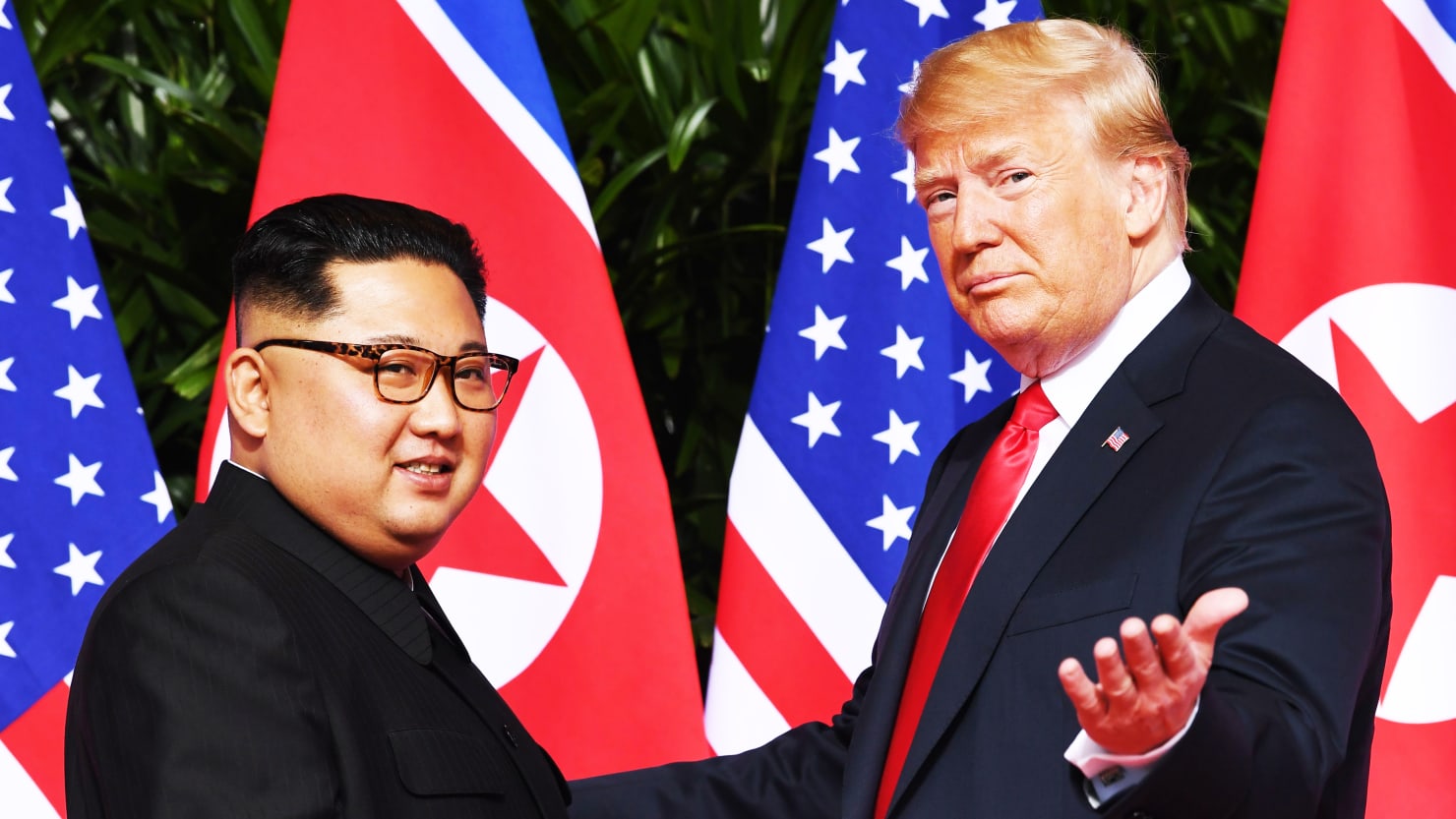
“In Trump’s madness, he brings innocent eyes” to the Korean conflict, says University of Chicago historian Bruce Cumings—which frees Trump from Washington establishment thinking, and create a real possibility of peace in Korea.
Plus: The Trump administration’s policy of separating children from their parents seeking asylum at the border is unusually cruel—and also unconstitutional. Ahilan Arulanantham, legal director of the ACLU of Southern California, explains the organization’s recent legal victory—and the need for citizen activism on the issue.
Also: Now that some of the key primaries are over, the Democrats’ chances of retaking the House, and maybe the Senate, have come into sharper focus. Harold Meyerson of The American Prospect is optimistic. 6/13/18
Trump Is ‘Crazy Like a Fox’: Seymour Hersh—Plus Bryce Covert on homelessness and Viet Thanh Nguyen on refugees
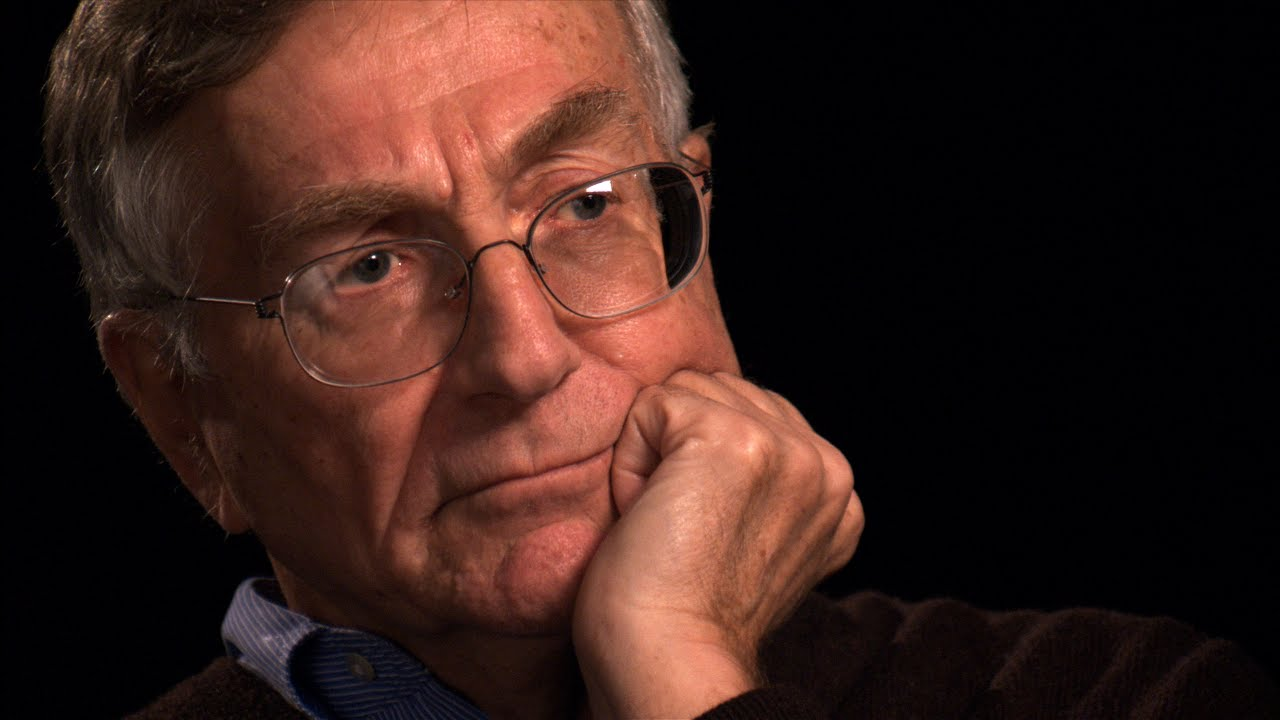 Listen HERE
Listen HERE
Seymour Hersh has won dozens of awards for his reporting on My Lai, Abu Ghraib, CIA surveillance of the anti-war movement in the Nixon years, and the crimes of Kissinger and the CIA in Chile and other places. He worked as a staff writer for the New York Times and The New Yorker, where he wrote during the Iraq war. He’s also written a dozen books—the new one is Reporter: A Memoir. In this interview he talks about his career, and the president and the media, today.
Also: Nearly half of all renters in America today can’t afford rent, and over half a million Americans are homeless on any given night. The problem is simple: a severe shortage of affordable housing. How did we get here? Bryce Covert reports.
Plus: One of the defining features of Trump’s politics has been the way he’s appealed to hatred and fear of refugees and immigrants. Viet Thanh Nguyen talks about refugee lives, and refugee writers. He’s the author of the novel The Sympathizer—it won the Pulitzer prize—and editor of the new book The Displaced: Refugee Writers on Refugee Lives. He’s also the recipient of a MacArthur Foundation “genius” grant—and he’s a refugee himself, arriving from Vietnam with his family in 1975, when he was 4 years old. 6/7/18
How Abortion Rights Triumphed in Ireland: Katha Pollitt; plus Wendy Pearlman on Syrian Refugees and Tom Engelhardt on ‘America’s Empire of Nothing’
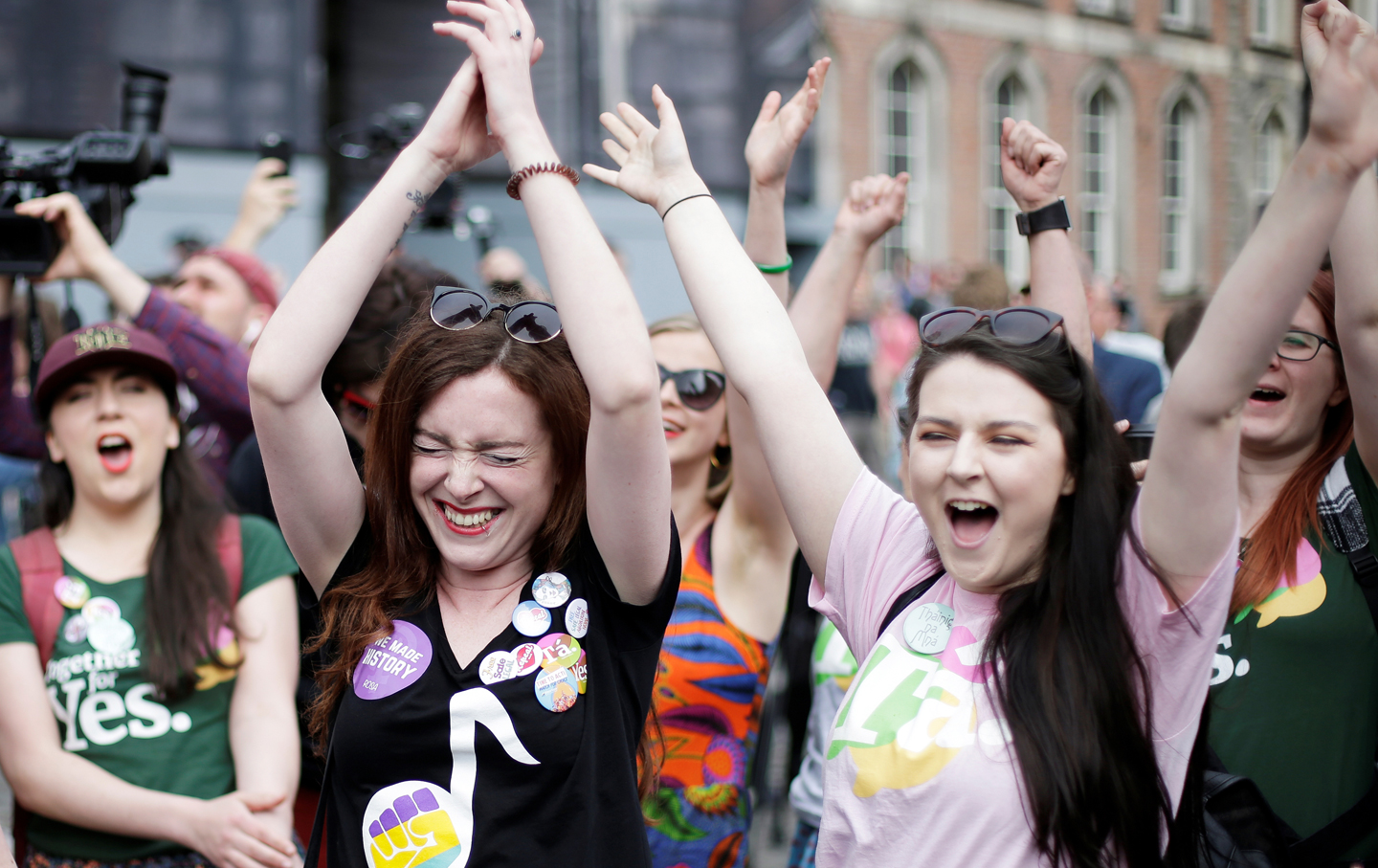 Listen HERE
Listen HERE
Everyone said the Irish vote on abortion would be close – but 66 per cent voted “yes” last Friday, including a majority of men, and a majority of every age group except those over 65. Katha Pollitt was there – she reports on the campaign, and the victory celebrations.
Also: the American military is the most massive, the most technologically advanced, and the best-funded fighting force in the world — but in the last fifteen years of constant war it has won nothing. Tom Engelhardt comments; he’s the legendary editor who created and runs the TomDispatch website, and his new book is “A Nation Unmade by War.”
Plus: Trump and Syrian refugees: During Obama’s last year, about 10,000 were admitted to the US; so far this year, the number is eleven. Wendy Pearlman explains – she interviewed hundreds of Syrian refugees across the Middle East and Europe. Her new book is “We Crossed a Bridge and It Trembled: Voices from Syria.” 5/30/18
